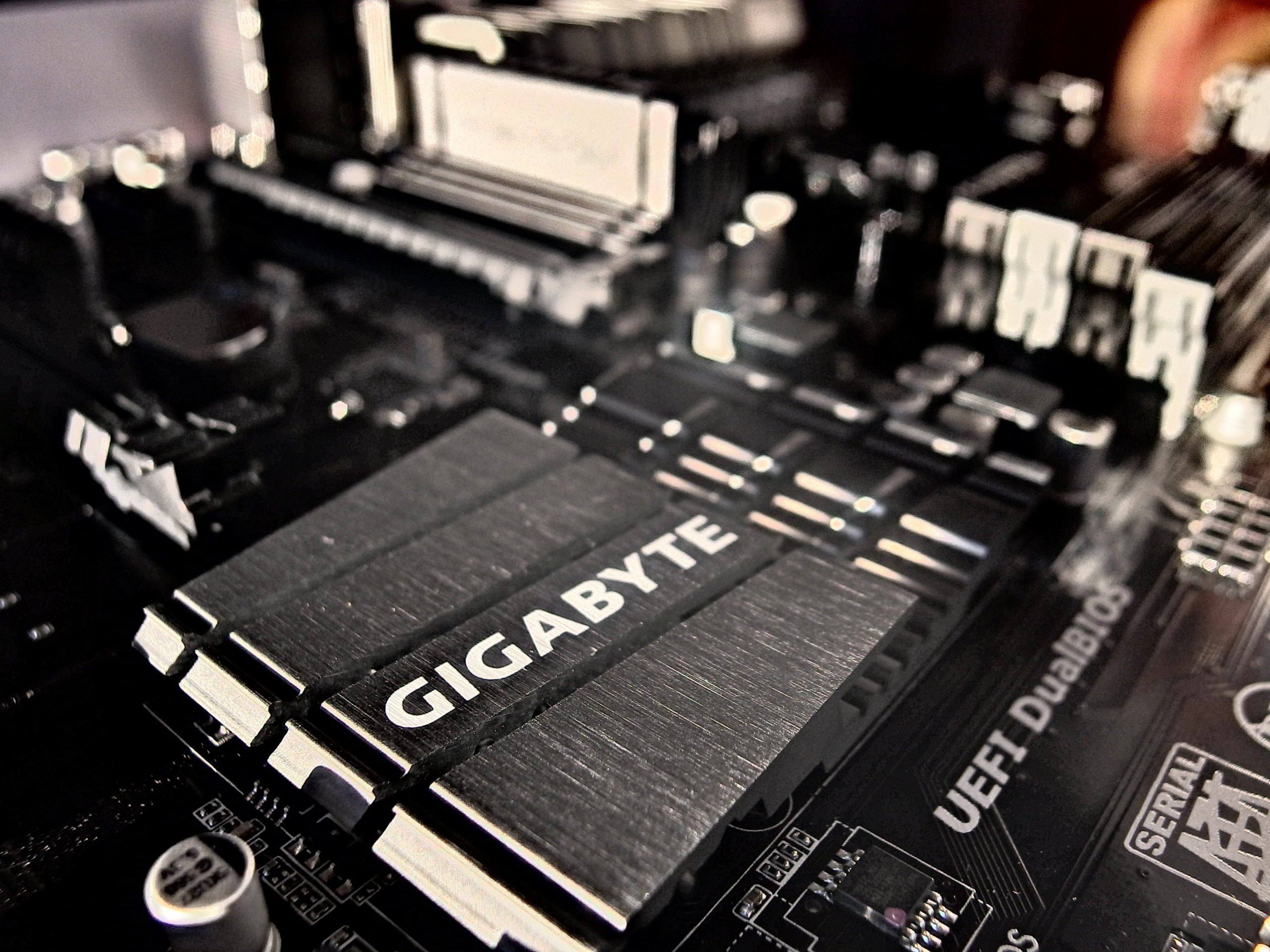
wait for it — AMD Ryzen 7 7700X review: Performance thats great but a price that isnt But the total cost of buying into AMD’s new platform still makes it a tough sell.
Andrew Cunningham – Oct 14, 2022 11:00 am UTC Enlarge reader comments 19 with 16 posters participating Share this story Share on Facebook Share on Twitter Share on Reddit
Shortly after our review of the Ryzen 5 7600X and Ryzen 9 7950X were published late last month, AMD sent us a box containing the other two members of the Ryzen 7000 launch family: the $400 Ryzen 7 7700X, and the $550 Ryzen 9 7900X.
Absent a six-core member of the family in the $200 range, AMD’s eight-core, 16-thread processors usually represent a sweet spot in the lineupgreat gaming performance without being overkill and enough cores to handle fairly heavy professional workloads like photo and video editing and rendering without feeling slow. Further ReadingRyzen 7600X and 7950X review: Zen 4 starts off expensive but impressive
That’s still true of the 7700X, which handily outspeeds the six-core 7600X and costs $50 less than the first 8-core member of the Ryzen 5000 family did a couple of years ago. Right now, it has two problems. The first is that, like the other Zen 4 CPUs, it requires a substantial investment beyond the $400 that you’ll spend on the CPU itself in the form of a pricey new motherboard and DDR5 RAM that’s still quite a bit more expensive than DDR4. The second is that its out-of-the-box power settings aren’t idealwith a little tuning, the processor can run a little cooler and consume less power while delivering similar results. Here’s what we found. On power settings
In our review of the Ryzen 7600X and 7950X, we spent some time explaining the importance of processor power settingsand how they work differently (and are advertised differently) in Intel’s and AMD’s platforms. In short: a CPU that is allowed to consume more power will generally get work done faster, but it will also run hotter. And especially as you go up the performance/power curve, the performance improvements usually aren’t proportionate to the amount of extra power used. Especially for tasks that can use all of your CPU cores at once, this can have a big impact on power efficiency. Advertisement 65 W TDP (AM5) 105 W TDP (AM5) 170 W TDP (AM5) PPT (W) 88 142 230 TDC (A) 75 110 160 EDC (A) 150 170 225
AMD also has an “Eco mode” feature that it has included in its Ryzen Master performance-tuning software, and which it is pushing makers of AM5 motherboards to include as an option in their BIOSes. Eco mode automates the process of dropping chips down to their next-lowest TDP level170 W chips can be dropped down to 105 W, and 105 W chips can be dropped down to 65 W. (To compare AMD’s TDP levels to Intel’s base power figures, multiply any given TDP value by about 1.35 and you’ll get its actual maximum sustained power consumption level in watts.)
Like the Ryzen 5 7600X, the 7700X has a default TDP level of 105 W. We tested it at this power level to get a sense of how AMD intends the chip to perform, and also at the Eco mode settings to see how its behavior changes (the 7600X actually performed nearly identically in its stock and Eco modes, though we suspected that the 7700X’s two additional cores would actually need the extra power to reach peak performance). When we set it to the 170 W TDP level, some of our tests became too unstable to run, so we didn’t test how the CPU might respond if given more power. Page: 1 2 3 4 Next → reader comments 19 with 16 posters participating Share this story Share on Facebook Share on Twitter Share on Reddit Andrew Cunningham Andrew is a Senior Technology Reporter at Ars Technica with over a decade of experience in consumer tech, covering everything from PCs to Macs to smartphones to game consoles. His work has appeared in the New York Times’ Wirecutter and AnandTech. He also records a weekly book podcast called Overdue. Email andrew.cunningham@arstechnica.com // Twitter @AndrewWrites Advertisement
You must login or create an account to comment. Channel Ars Technica ← Previous story Next story → Related Stories Today on Ars






